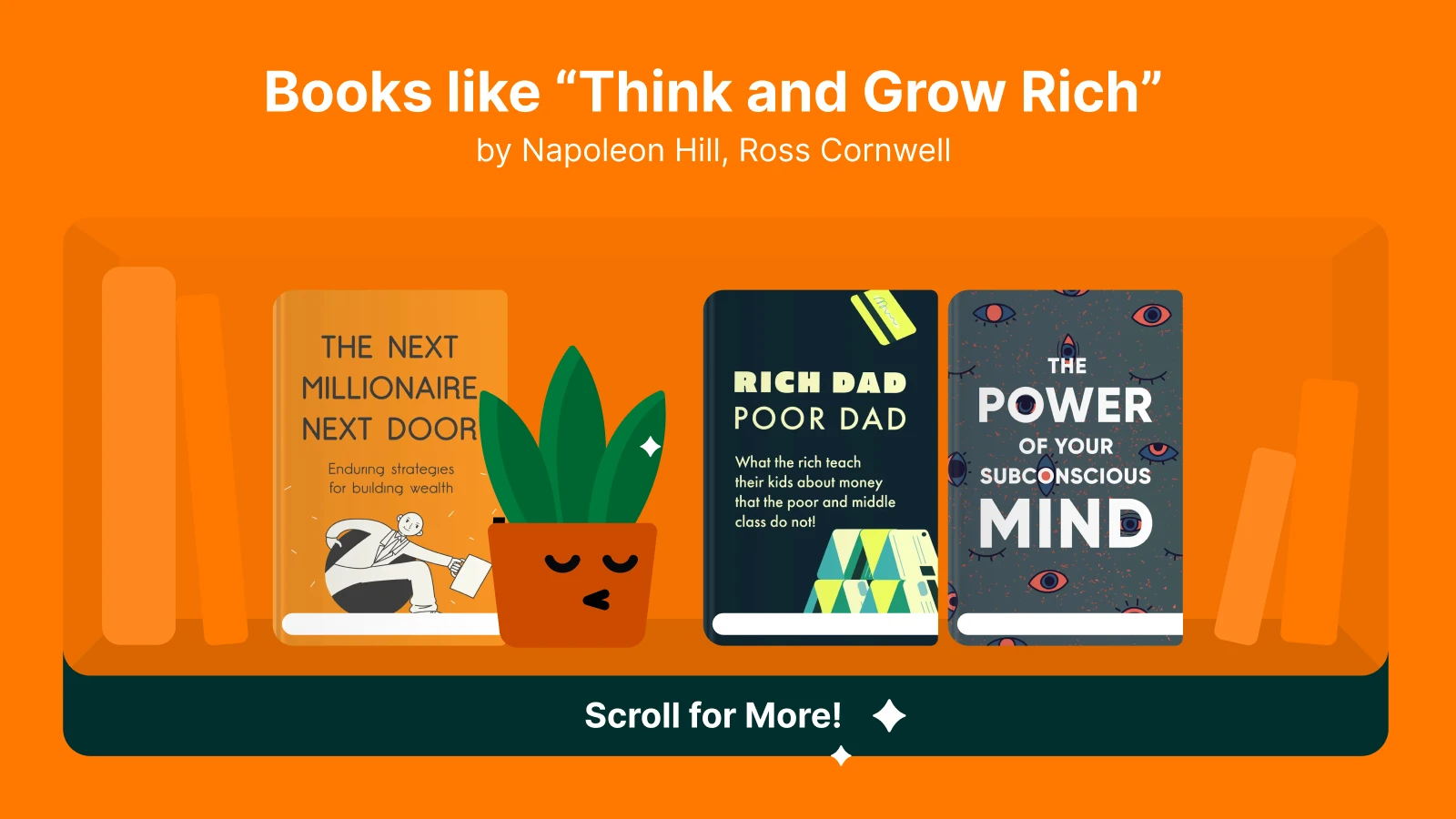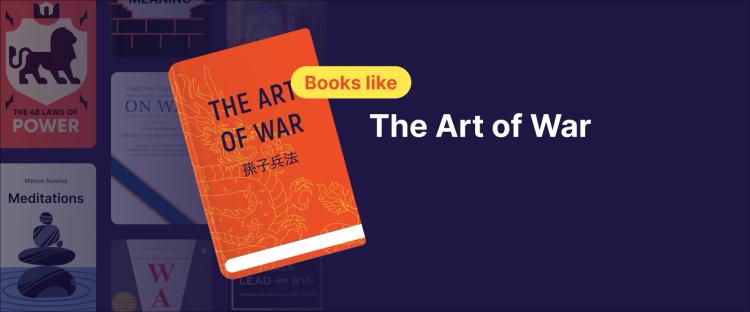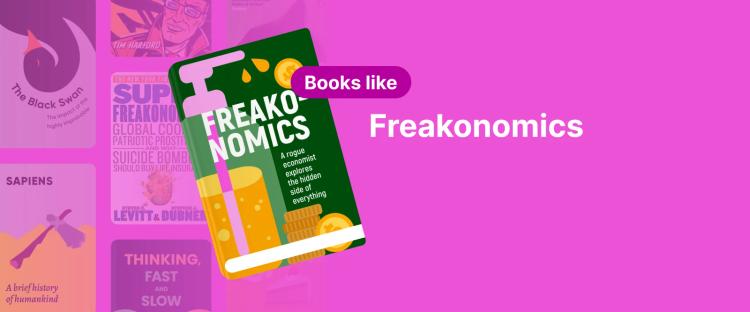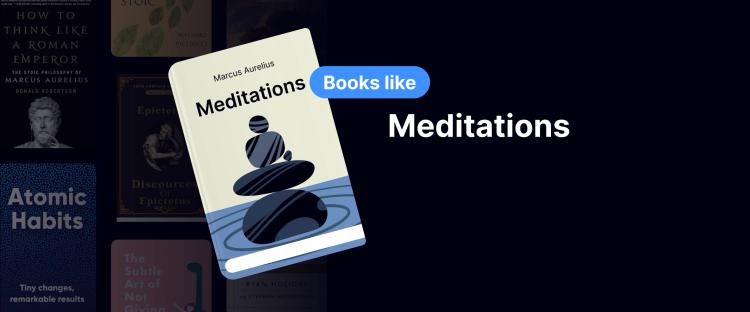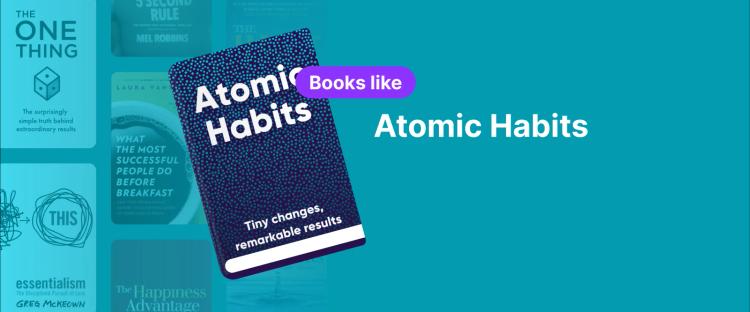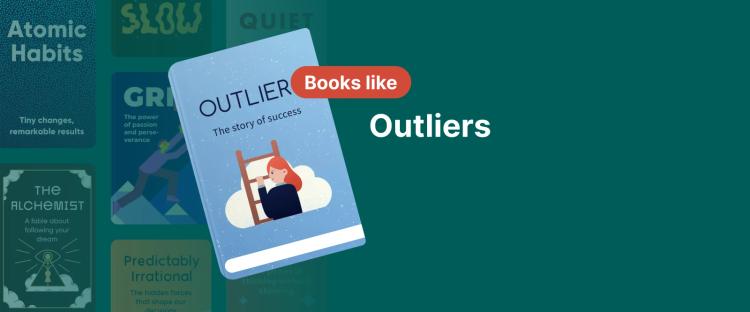Ever wonder how some people just seem to have the Midas touch? If 'Think and Grow Rich' put a spark in your step, you're already well on your way — success is about attitude, effort, and a good plan. However, let's not stop there: dig deeper into these 13 books like 'Think and Grow Rich' that will induce you to think big, act big, and stretch yourself personally.
Napoleon Hill's 'Think and Grow Rich' has transformed millions of lives. Hill interviewed some of the world's richest and most successful people, like Henry Ford and Andrew Carnegie. What he discovered was astonishing: becoming successful is not dependent on luck — it is about developing a mindset.
He encapsulates it all: belief in yourself and your goals, consistent action, and getting with the right people. Hill's framework of success and the idea of 'mastermind' are ageless, and if your intention is to grow your wealth, this is your plan.
Truly successful people worry about their time — and you should too; that's why Headway is a must-try. Our daily growth app features the best nonfiction titles on success, personal finance, and self-growth. Get the main ideas from the experts and people who inspire you in less than 15 minutes, instead of spending hours reading.
You can't afford to miss the opportunity for self-growth — Download Headway today!
Quick answer: Six books like 'Think and Grow Rich' to inspire success
Are you prepared to elevate your success journey? Below are six books similar to 'Think and Grow Rich' that expand on powerful concepts to inspire you:
'The Millionaire Next Door' by Thomas J. Stanley and William D. Danko — A comprehensive examination of the wealthy, demonstrating how a lifestyle below your means combined with wise decisions can create wealth that lasts.
'Rich Dad Poor Dad' by Robert T. Kiyosaki — Kiyosaki takes you through the differences between assets and liabilities and shows how these definitions change your thinking about money and wealth building.
'The Richest Man in Babylon' by George S. Clason — Embedded in ancient wisdom, this book exposes the best lessons in financial discipline and effective money management.
'As A Man Thinketh' by James Allen — A classic showing how our thoughts make our lives, and how we can produce results by building a foundation of positive thinking.
'How to Win Friends and Influence People' by Dale Carnegie — A staple read for anyone who has to prepare to have mastery over relationships and persuasion to create a life of success.
'The Magic of Thinking Big' by David J. Schwartz — Schwartz calls you to think big, act small, and be afraid to be extraordinary in every relationship.
13 books like 'Think and Grow Rich' to supercharge your success this year
Want to learn how to start building wealth and elevating your growth? These are 13 good books, some of which are The New York Times bestsellers, that you should check out. Yes, podcasts about money and vlogs can do the trick too, but not like these book recommendations.
📘 No time for 13 full books? Get Headway to absorb these wealth secrets in just 15 minutes each!
1. 'The Next Millionaire Next Door' by Thomas J. Stanley and William D. Danko
'The Next Millionaire Next Door' draws on extensive research spanning two decades to explain the habits and lifestyles of wealthy Americans. Contrary to common assumptions, many millionaires lead frugal lives, placing a higher value on savings and investments than on extravagant spending. The book emphasizes that achieving financial independence is rooted in disciplined financial decisions and a long-term perspective.
A focus on cultivating a millionaire mindset and maintaining disciplined habits.
The emphasis is on the significance of long-term financial planning and patience.
Highlighting the importance of strong personal relationships and networking for achieving success.
2. 'Rich Dad Poor Dad' by Robert T. Kiyosaki
'Rich Dad Poor Dad' examines the contrasting financial philosophies of Kiyosaki's two father figures, highlighting their distinct approaches to building wealth. The book emphasizes that one's mindset plays a crucial role in achieving financial success, particularly through investing in income-generating assets. Kiyosaki emphasizes the importance of financial literacy as a crucial component for achieving financial independence.
The significance of a wealth-focused mindset.
The emphasis on financial education and literacy.
A focus on investing and generating passive income to create wealth.
3. 'The Power of Your Subconscious Mind' by Joseph Murphy
'The Power of Your Subconscious Mind' highlights the importance of tapping into the subconscious to attain success and happiness. Murphy argues that managing our subconscious thoughts can lead to positive transformations in various areas of our lives. The book promotes techniques like positive affirmations to boost personal abilities and conquer negative self-perceptions.
A focus on the strength of the subconscious mind.
The utilization of positive affirmations to reach objectives.
Conquering self-doubt and fears rooted in the subconscious.
4. 'The Richest Man in Babylon' by George S. Clason
‘The Richest Man in Babylon’ shares Clason’s financial lessons through engaging parables from ancient Babylon. It outlines key principles for earning, preserving, and increasing wealth, including the importance of saving at least 10% of one’s income and making smart investments. Clason highlights the value of financial discipline and the necessity of consulting with finance experts.
Similarities between the books:
An emphasis on financial discipline and saving
The significance of making informed investments
The value of seeking guidance from financial experts
5. ‘As A Man Thinketh’ by James Allen
'As A Man Thinketh' delves into the significant influence of thoughts on a person's life. Allen argues that people create their circumstances through their thinking, highlighting the importance of personal responsibility and the pursuit of high ideals. He uses a garden metaphor to convey the necessity of cultivating positive thoughts to lead a fulfilling life.
A focus on the importance of positive thinking and mindset.
The emphasis on personal responsibility for one's situation.
Aiming for high ideals to provide direction and purpose.
📘 Want more timeless wisdom like this? Try Headway for classic self-help insights in minutes!
6. 'Influence: The Psychology of Persuasion' by Robert Cialdini
'Influence: The Psychology of Persuasion' outlines six key principles of influence: reciprocity, commitment, social proof, authority, liking, and scarcity. The book offers strategies for identifying and countering manipulative tactics, making it a valuable resource for marketing, negotiation, and leadership. Grasping human behavior is crucial for becoming an effective influencer.
A focus on understanding human behavior to achieve success.
Principles aimed at influencing others and reaching goals.
Strategies designed for both personal and professional development.
7. 'Atomic Habits' by James Clear
'Atomic Habits' emphasizes the power of small, incremental changes to cultivate good habits and eliminate bad ones. The book presents the Four Laws of Behavior Change to aid in habit formation and highlights the crucial role of identity in maintaining these habits. Clear states that a daily improvement of just 1% can result in substantial growth over time.
The concentration on habit formation and gradual changes.
A focus on identity and self-image.
Practical methods for attaining long-term success.
8. 'You Are a Badass' by Jen Sincero
'You Are a Badass' motivates readers to conquer self-doubt and chase their ambitions with confidence. Sincero uses humor, personal stories, and actionable advice to encourage readers to pursue their dreams. The book provides practical strategies to help readers reach their goals.
Conquering self-doubt and challenges.
Actionable advice for reaching goals.
A focus on positive thinking and taking action.
9. 'How to Win Friends and Influence People' by Dale Carnegie
In 'How to Win Friends and Influence People,' Dale Carnegie provides enduring guidance on fostering positive relationships and effectively influencing others. The book emphasizes the importance of understanding what others want, avoiding criticism, and expressing genuine appreciation. Carnegie's principles aim to enhance interpersonal skills, paving the way for personal and professional success.
A focus on positive interactions and the art of influencing others.
The significance of understanding and motivating people to take action.
An emphasis on personal growth and self-improvement.
📘 Want people skills that actually work? Download Headway for relationship mastery from communication experts!
10. 'The Magic of Thinking Big' by David J. Schwartz
'The Magic of Thinking Big' highlights the importance of positive thinking and the pursuit of lofty goals to attain meaningful success. Schwartz contends that anyone can forge a successful future by focusing on accomplishments rather than challenges. The book offers practical guidance on navigating setbacks and viewing them as opportunities for growth.
The role of positive thinking as a cornerstone for success.
The importance of setting high goals and taking concrete actions to achieve them.
The ability to overcome challenges through a determined mindset.
11. 'Secrets of the Millionaire Mind' by T. Harv Eker
'Secrets of the Millionaire Mind' delves into the mindset and attitudes of the wealthy. Eker presents 17 Wealth Files highlighting the essential habits and perspectives needed to attain financial freedom. The book emphasizes that wealth can amplify a person's inherent qualities rather than alter their core identity.
A focus on cultivating a millionaire mindset.
The principles for attaining financial success.
An emphasis on personal responsibility and self-improvement.
12. 'The 7 Habits of Highly Effective People' by Stephen R. Covey
Stephen R. Covey's 'The 7 Habits of Highly Effective People' offers a comprehensive approach to attaining success, highlighting the importance of personal and professional effectiveness. The book outlines seven habits designed to help readers achieve their goals and lead meaningful lives. Key principles include proactive behavior, integrity, and continuous improvement.
A focus on developing habits and proactive behavior.
An emphasis on long-term objectives and personal growth.
Principles that aim for balanced success in life.
13. 'Law of Success' by Napoleon Hill
Before 'Think and Grow Rich,' Napoleon Hill introduced readers to his foundational ideas in 'The Law of Success.' This work outlines Hill's original 16 principles for success, developed from studying industry giants like Andrew Carnegie and Thomas Edison. Hill provides a detailed guide to cultivating the mindset, discipline, and habits necessary for personal and financial growth, covering key concepts such as self-confidence, initiative, and imagination.
An emphasis on mindset, persistence, and planning as essentials for success.
A focus on everyday habits that contribute to long-term growth.
Strategies for achieving both wealth and fulfillment.
📘 Want Hill's complete success formula? Get Headway to master all 16 principles fast!
Try the Headway app and hustle smarter, not harder!
All of these 13 books like 'Think and Grow Rich' have valuable lessons about happiness, success, wealth, and personal development. They will assist you in rethinking how you think and act to create your future and challenge you to take action toward your goals.
Headway is able to help you explore these transformative ideas, even when you have limited time. With over 2,000 book summaries, our daily growth app gets you immediately to the "meat and potatoes" part of the experience.
Additional features, such as personalized reading lists and audiobook-style content, make applying actionable knowledge enjoyable. Progress is the most important thing, and Headway gives you everything you need to keep growing.
Download the Headway app — think big, and achieve even bigger!
Frequently asked questions about books like 'Think and Grow Rich'
Which version of 'Think and Grow Rich' is better?
Ultimately, the original version of 'Think and Grow Rich' is still the most effective. It was a source of inspiration for decades. All the principles are there, including belief, persistence, and action, among others. There may be new editions with additional updates, but the classic version delivers everything you need to get started on changing your mindset for the better.
What's the best book to read to become rich?
If you are serious about developing wealth, read or listen to the 'Think and Grow Rich' summary by Napoleon Hill. It is all about cultivating the right mindset: believing in yourself, persevering, and having a plan. Hill's advice has helped many people achieve their dreams, and it is still very effective.
What books do CEOs read?
CEOs read books to think bigger and lead better. Some of their favorite books are 'Good to Great' by Jim Collins, 'The Lean Startup' by Eric Ries, and 'The Hard Thing About Hard Things' by Ben Horowitz. These books explore what it really takes to grow a business, be resilient, and lead with purpose.
What books does Bill Gates recommend reading?
Bill Gates reads a variety of books, generally involving science, history, and technology. Some of his favorites are 'The Ride of a Lifetime,' 'Business Adventures,' and 'How to Avoid a Climate Disaster' by Gates himself. His life is about learning from the past in order to use that knowledge to shape the future.
What's the dark psychology of money?
The dark psychology of money is centered around sneaky emotions — things like greed, fear, and a desire for status — that can undermine your financial decisions. It's easy to be swayed by these emotions; however, when you are able to coach them, you can keep your emotions in check, supporting better financial decisions instead of letting your emotions dictate your decisions.



